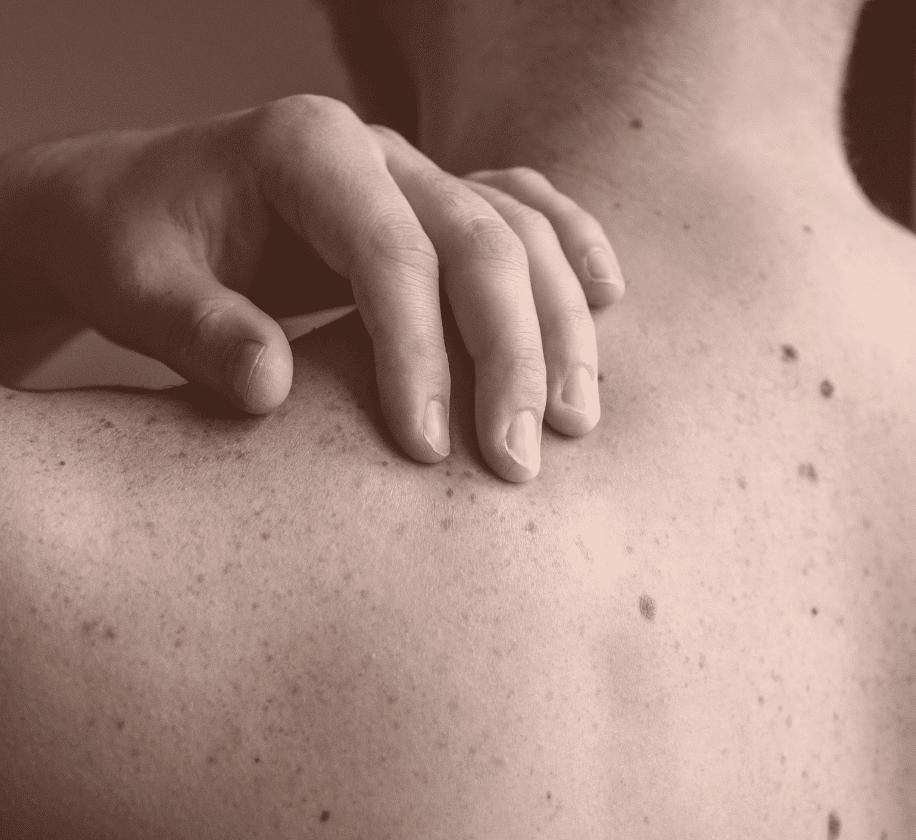Basal Cell Carcinoma
Basal Cell Carcinoma
This is the most prevalent form of skin cancer, and equipping yourself with knowledge about its signs, causes, and treatment options can make a significant difference in your health journey.
What are Basal Cell Carcinomas?
They originate in the basal cells, which are located in the outermost layer of the skin (epidermis) and are responsible for producing new skin cells. BCCs develop when these cells undergo mutations in their DNA, causing them to grow uncontrollably and form a cancerous mass.
Unlike some other types of cancer, BCCs tend to grow slowly and are typically localised, meaning they do not spread to distant parts of the body. However, if left untreated, BCCs can invade surrounding tissues and structures, causing damage and disfigurement.


Causes
Prolonged exposure to ultraviolet (UV) radiation from sunlight or tanning beds is the primary cause of BCC. Individuals with fair skin and those with a family history of skin cancer are at a higher risk. Other risk factors include increased age, radiation therapy, exposure to arsenic, and immune-suppressing drugs.
Warning Signs
Basal cell carcinomas are associated with changes in the skin, including the following:
- Pearly or translucent bump
- Open sore that does not heal
- Reddish patch or irritated area
- Black, blue, or brown lesion
- Growth with rolled borders
- Change in skin texture
- Bleeding easily
If you notice any of the symptoms above, it’s crucial to consult a healthcare provider. Timely intervention enhances the chances of successful treatment and recovery.
Diagnosis
After a review of your medical history and a physical examination, diagnosis usually involves a skin biopsy – a simple and quick procedure. During a biopsy, a small tissue sample is extracted from the affected area and examined under a microscope to determine if you have BCC.
Available Treatment Options
After a review of your medical history and a physical examination, diagnosis usually involves a skin biopsy – a simple and quick procedure. During a biopsy, a small tissue sample is extracted from the affected area and examined under a microscope to determine if you have BCC.
Contact Us
Contact us today at 9522 3313 We aim to make the process easy for you. Our practice serves Sylvania and the surrounding areas.
When you've got a healthy smile, you're all set!